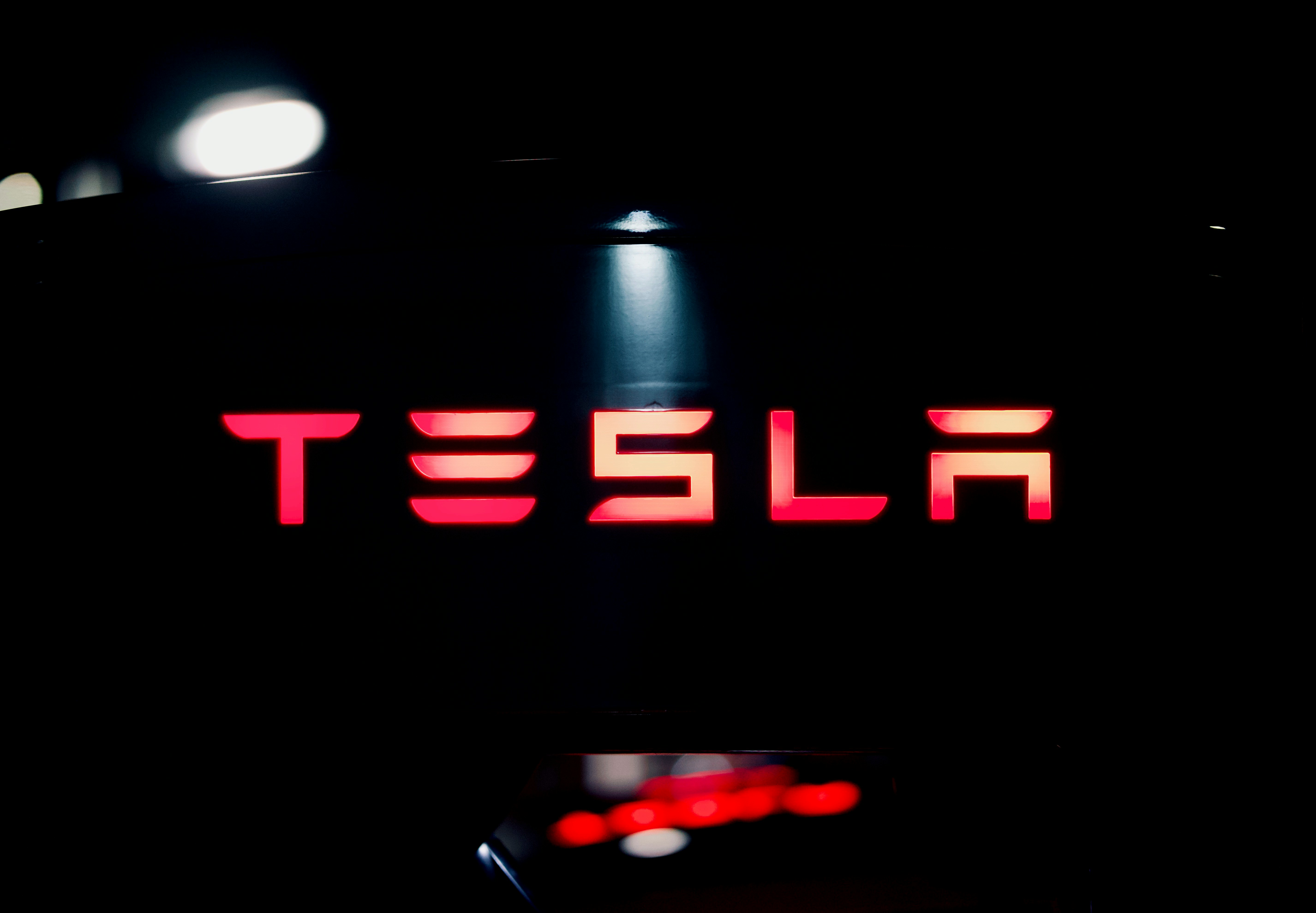Upozorenje na rizike: Financijski ugovori za razliku (CFD) složeni su instrumenti i povezani su s visokim rizikom brzih financijskih gubitaka zbog poluge. Na 76.44% računa malih ulagača dolazi do financijskih gubitaka pri trgovanju CFD-ovima s ovim pružateljem. Trebali biste razmotriti razumijete li kako CFD-ovi funkcioniraju i možete li si priuštiti visoki rizik financijskih gubitaka. Molimo pročitajte Obavijest o rizicima.


What benefits will Elon Musk's partnership with Donald Trump bring to Tesla?
What does Elon Musk represent for Tesla?
Tesla, led by controversial entrepreneur Elon Musk, has become an icon of the transition to sustainable transport and renewable energy. Musk, who in addition to Tesla also runs SpaceX and social network X (formerly Twitter), is known for his bold visions and unorthodox approach to business. But his political engagement often attracts almost as much attention as his innovations. In the past, he has voiced support for a variety of policy approaches – from decentralisation to free markets to controversial ideas about artificial intelligence and technology regulation. At the same time, he is not afraid to criticise government subsidies, even though his companies have benefited from them, or to engage in debates on climate change and electromobility. Musk's personality is a powerful marketing tool for Tesla, but it is also a risk when his statements and actions cause a decline in investor confidence or regulatory disputes. Tesla is thus still balancing between being an innovative industry leader and the turbulent unpredictability that its boss brings.
Trump is set to promise easier approval of autonomous vehicles
Bloomberg has published a report that the US president-elect plans to introduce regulations on autonomous vehicles at the federal level, which could simplify the approval process that Musk has criticised in the past. Tesla shares responded with a 5% gain in Monday's trading,* having already gained nearly 35% since the presidential election, and the company has surpassed the $1 trillion mark in market capitalization.* While Donald Trump is not known for his affection for electric cars, his partnership with Musk is expected to be beneficial for Tesla. In addition, the next president plans to appoint Musk as the head of the next Government Efficiency Review Office, increasing the likelihood that Tesla could benefit from this partnership.[1]
Ultimately, it's about the technology itself
According to Tesla, the U.S. government policy that favors autonomous driving technology, could also speed up its testing. However, critics believe that speeding up the approval process and testing are not Tesla's main concern, but rather the technology itself. The latter still requires the assistance of a human driver and has been the cause of several car accidents in the past. An overly quick approval process, especially if Musk has some leverage due to his ties to the government, could result in the unreliability of the technology, which would ultimately be a risk for Tesla. In addition to loosening regulations, the Trump administration may provide support to the company in the form of government subsidies, tax breaks, or tariff exemptions. In addition, Tesla could also receive government contracts.[2]
Economic results
Tesla's third-quarter 2024 revenue was $25.18 billion, up 8% year-over-year, but slightly below market estimates of $25.47 billion. The company delivered 462,890 vehicles in the period, the vast majority of which, nearly 440,000, were Model 3/Y. It posted earnings per share (EPS) of $0.72, while net income came in at $2.17 billion, up 17% year-over-year. Gross margin rose to 19.8% compared to 17.9% in the same period last year. Lower commodity prices, transport optimisation and improved Cybertruck margins contributed to the successful cost reduction. The company also announced plans to launch a new affordable vehicle by mid-2025, with an after-subsidy price of under $30 thousand.[1][2]
Prospects for the next period
Tesla expects modest growth in vehicle deliveries for 2024 despite macroeconomic challenges. However, it expects sales in the energy storage segment to more than double from 2023. It also believes that it is between two significant growth periods, the first of which occurred after the global launch of the Model 3/Y and is currently preparing for the second, which is expected to be powered by autonomous technologies. In the future, Tesla is relying in particular on innovations in the field of artificial intelligence, which plays a key role in particular in the development of autonomous driving or in the Optimus robots, which are still under development. It recently unveiled its first robotic taxi, called Cybercab, which no longer has driving capabilities for a human driver and is intended to rely purely on autonomous technology. However, the lack of detailed information about this project, beyond a scripted demonstration, has caused disappointment and uncertainty among the public and investors alike.[3]

Tesla's share price evolution over the last 5 years. (Source: Google Finance)*
Conclusion
Elon Musk's alliance with Donald Trump could bring significant benefits to Tesla, especially in terms of regulatory changes and government support, which would allow it to better leverage its leadership position in this segment. Despite the positives, there are concerns that introducing autonomous technologies too quickly without sufficient testing may increase the risk of mistakes and negatively affect the company's reputation. Tesla thus faces the challenge of balancing its technological advances with safety and regulatory requirements. Ultimately, however, Musk's partnership with the new administration sends a clear signal to investors and suggests that the company can benefit from favorable policy decisions that can accelerate its growth and strengthen its market position. [1]
Adam Austera, Principal Analyst at Ozios
* Past performance is no guarantee of future results
[1] Forward-looking statements are based on assumptions and current expectations, which may be inaccurate, or on the current economic environment, which may change. Such statements are not guarantees of future performance. They involve risks and other uncertainties that are difficult to predict. Results may differ materially from those expressed or implied by any forward-looking statements.
[1] https://www.investopedia.com/tesla-q3-fy-2024-earnings-8731666
[2] https://www.marketbeat.com/stocks/NASDAQ/TSLA/earnings/
[3] https://digitalassets.tesla.com/tesla-contents/image/upload/IR/TSLA-Q3-2024-Update.pdf
[1] https://www.investing.com/news/stock-market-news/tesla-gains-on-report-trumps-team-planning-federal-selfdriving-vehicle-regulations-3728071
[2] https://www.investing.com/news/stock-market-news/bernstein-answers-how-might-elon-musk-benefit-from-the-new-trump-administration-3727853